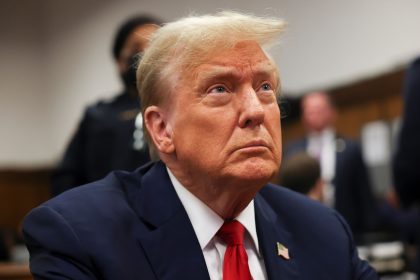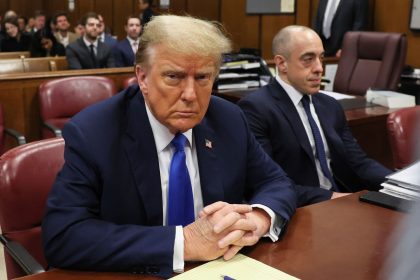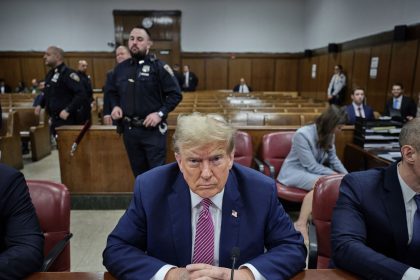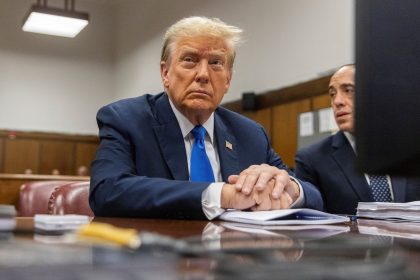U.S. Prosecutors Accuse Attorney General of Politically Influencing Criminal Investigations
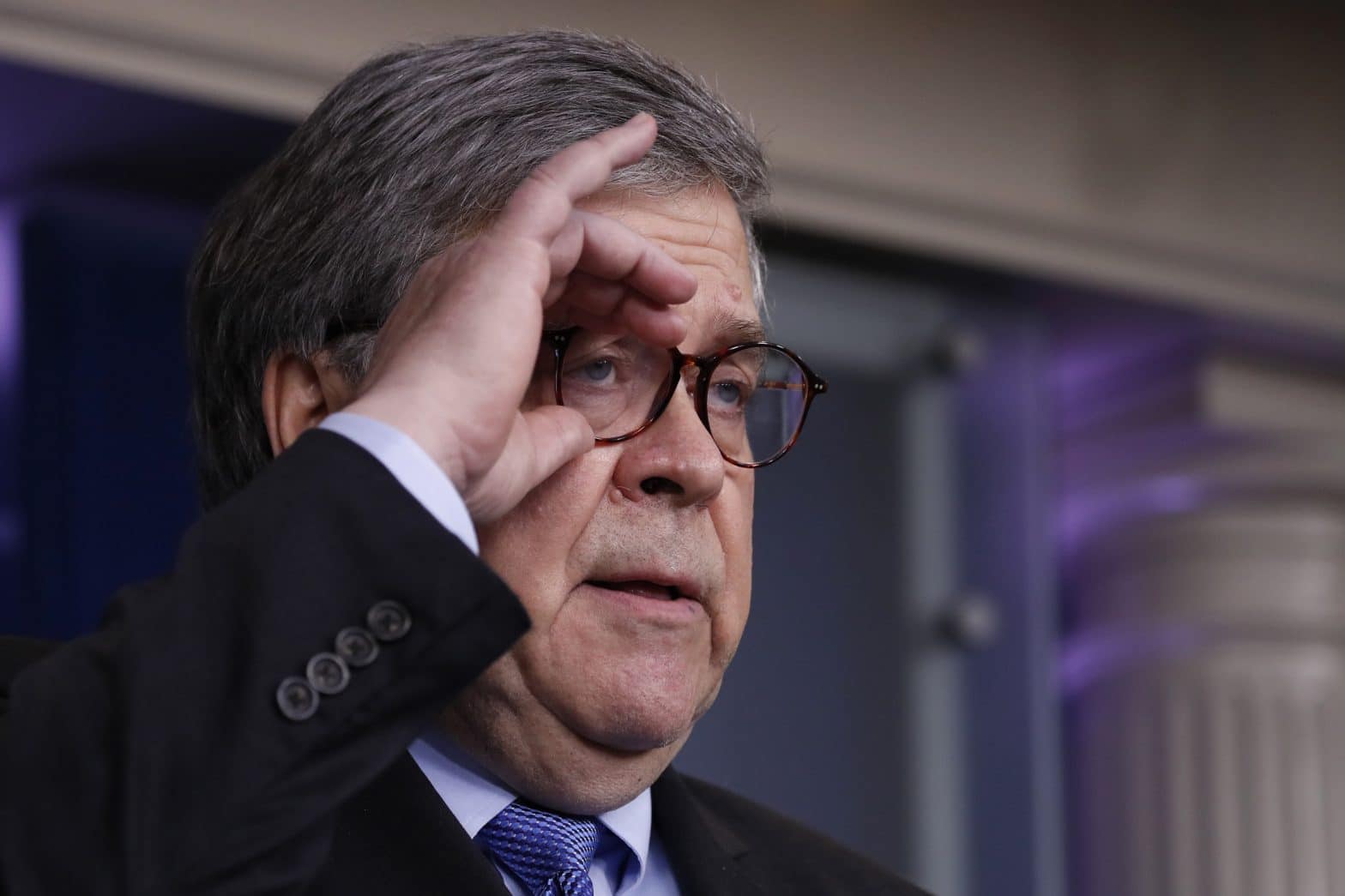
WASHINGTON — Current and former Justice Department attorneys on Wednesday accused the U.S. Attorney General of allowing Trump administration policies to influence criminal investigations and prosecutions.
They also said during a House Judiciary Committee hearing that Justice Department administrators threatened attorneys who complained about the political influence.
Most of their blame fell on U.S. Attorney General William Barr, who they said acted as a “fixer” for President Trump by protecting some of his associates from criminal liability.
Former deputy attorney general Donald Ayer said Barr “poses the greatest threat in my lifetime to our rule of law.”
Ayer suggested that Barr be forced to resign.
“What’s happening now is much worse than what happened in Watergate — much worse,” Ayer said. “It’s across-the-board. It’s a systematic effort to undo the checks that were put in place in Watergate and others that existed in the Constitution.”
Republicans on the congressional committee bristled at the whistleblower allegations, sometimes loudly interrupting Democrats and witnesses.
Rep. Jim Jordan of Ohio, the committee’s top Republican, said politicized prosecutions in the Justice Department can be traced to Obama administration officials who initiated investigations of President Donald Trump’s top advisors.
He also denied Barr made prosecutorial decisions based on political motives.
“They’re not political, they’re just right,” Jordan said.
The first FBI investigations in 2016 led to the Mueller investigation of alleged Trump administration collusion with Russian agents to influence the presidential election.
Thirty-four people were indicted. Eight pleaded guilty or were convicted of felonies, some of them involving financial crimes rather than Russian political manipulation in favor of Trump.
One of them was Roger Stone, a Trump campaign advisor accused of seeking information from a Russian agent that could damage the campaign of former Democratic presidential candidate Hillary Clinton. Stone pleaded not guilty but a jury convicted him on seven charges.
Stone was sentenced to 40 months in prison in February, which prosecutors testifying before the House Judiciary Committee Wednesday characterized as a lenient sentence influenced by Trump.
Aaron Zelinsky, an assistant U.S. attorney in Maryland, said he agreed to be a whistleblower witness because he was ordered to take actions in the Stone prosecution that violated his oath of office.
“I was told there was heavy political pressure from the highest levels of the Department of Justice to cut Roger Stone a break,” Zelinksy said.
Prosecutors originally intended to recommend a seven-to-nine year prison sentence for Stone, Zelinsky said. Political influence resulted in the reduced 40-month sentence, he said.
The Equal Protection Clause of the U.S. Constitution requires that prosecutions be based on the evidence of cases rather than patronage politics.
“We don’t cut [criminal defendants] a break based on politics either,” Zelinsky said. “But that wasn’t what happened with Roger Stone.”
Other allegations of political influence came from John Elias, a career Justice Department attorney in the antitrust division.
He said Barr ordered investigations of marijuana company mergers because of his “personal dislike” of the businesses rather than evidence of criminal conduct. The investigations failed to result in convictions against any corporate executives.
“A personal dislike of an industry is not a valid grounds” for an investigation, Elias said.
A Barr spokeswoman announced Wednesday that the attorney general agreed to testify before the House Judiciary Committee on July 28.
Committee Chairman Jerrold Nadler, D-N.Y., threatened this week to subpoena Barr to explain why he fired U.S. Attorney for the Southern District of New York Geoffrey Berman last weekend.

















